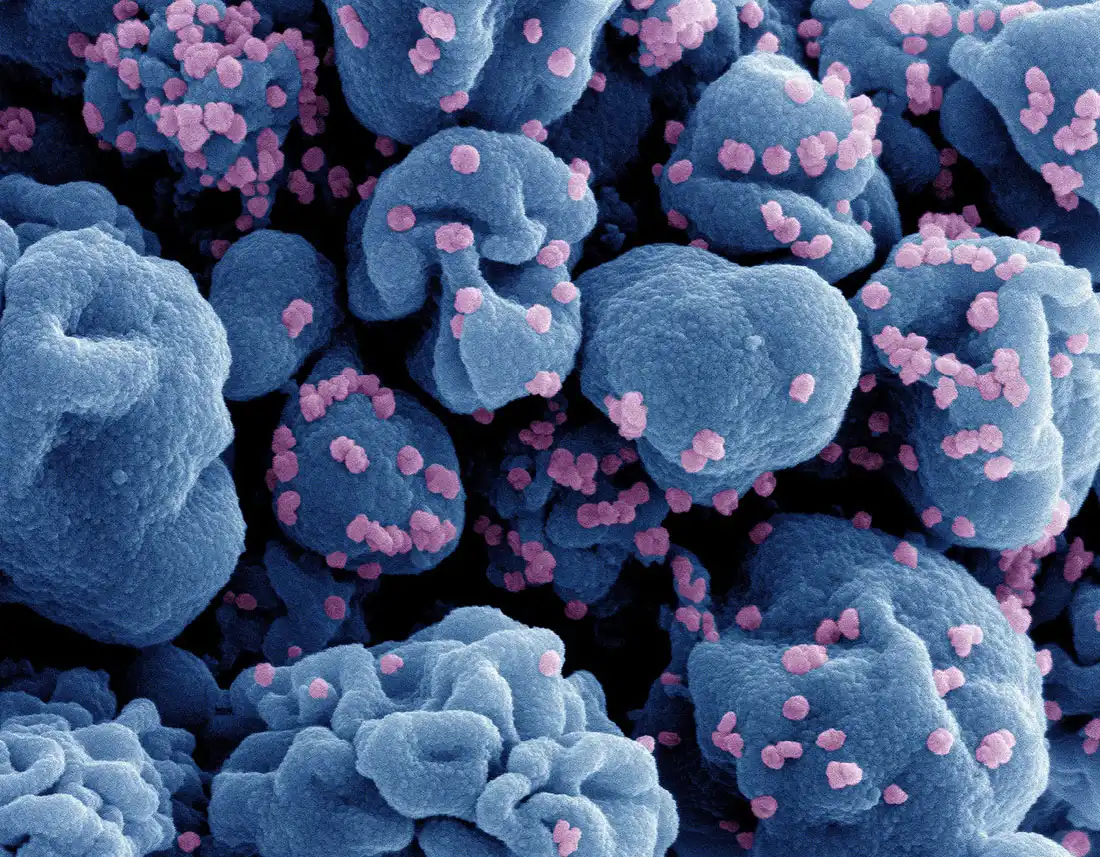NIH-sponsored Trial Nasal Covid Vaccine Opens
NIH enrolls adults in trial for new nasal COVID-19 vaccine to target emerging variants. NextGen project aims to develop innovative vaccines.
A groundbreaking Phase 1 trial is currently underway to test the safety and efficacy of a new nasal vaccine designed to provide broader protection against emerging variants of SARS-CoV-2, the virus responsible for COVID-19. Sponsored by the National Institutes of Health (NIH), this first-in-human trial is being conducted at three sites in the United States and is led by scientists from the NIH's National Institute of Allergy and Infectious Diseases (NIAID) Laboratory of Infectious Diseases.
The development of effective COVID-19 vaccines has been a significant achievement in the fight against the pandemic. While existing vaccines have been successful in preventing severe illness, hospitalizations, and deaths, they have shown limitations in preventing infections and milder forms of the disease. With the ongoing emergence of new virus variants, there is a critical need for next-generation vaccines, including nasal vaccines, that can help reduce infections and transmission of SARS-CoV-2.
The study aims to enroll 60 healthy adult participants between the ages of 18 and 64 who have previously received at least three doses of an FDA-approved or -authorized mRNA COVID-19 vaccine. The trial sites include Baylor College of Medicine in Houston, The Hope Clinic of Emory University in Decatur, Georgia, and New York University in Long Island. Dr. Hana M. El Sahly is leading the study at the Baylor College of Medicine Vaccine Research Center.
Participants will be divided into three cohorts, with each group receiving different dosages of the investigational vaccine delivered via nasal spray. Over the course of approximately one year and seven follow-up visits, researchers will assess the vaccine's tolerability and its ability to elicit an immune response in both the blood and nasal passages.
The experimental vaccine, MPV/S-2P, utilizes a murine pneumonia virus (MPV) as a vector to deliver a stabilized version of the SARS-CoV-2 spike protein (S-2P) in its prefusion conformation. MPV is not harmful to humans or non-human primates but has an affinity for the cells lining the respiratory tract, making it a promising vehicle for vaccine delivery to combat respiratory infections.
Previous studies in non-human primates have shown that MPV/S-2P is safe and well-tolerated, eliciting strong immune responses and local immunity in the mucosal tissues of the nose and respiratory tract. Mucosal immunity, which is believed to be more effective in controlling respiratory viruses than systemic immunity, has shown promising results in both animal and human studies.
This clinical trial is part of the U.S. Department of Health and Human Services (HHS) Project NextGen, a collaborative effort between the federal government and the private sector to advance the development of new vaccines and therapeutics. Through Project NextGen, NIAID aims to accelerate the clinical development of innovative next-generation COVID-19 vaccines in Phase 1 and 2 trials.
Overall, this trial represents a significant step forward in the ongoing efforts to combat COVID-19 and its variants. By exploring new vaccine technologies and delivery methods, researchers are working towards enhancing the breadth of protection against the virus and ultimately reducing its impact on public health.











Comments on NIH-sponsored Trial Nasal Covid Vaccine Opens